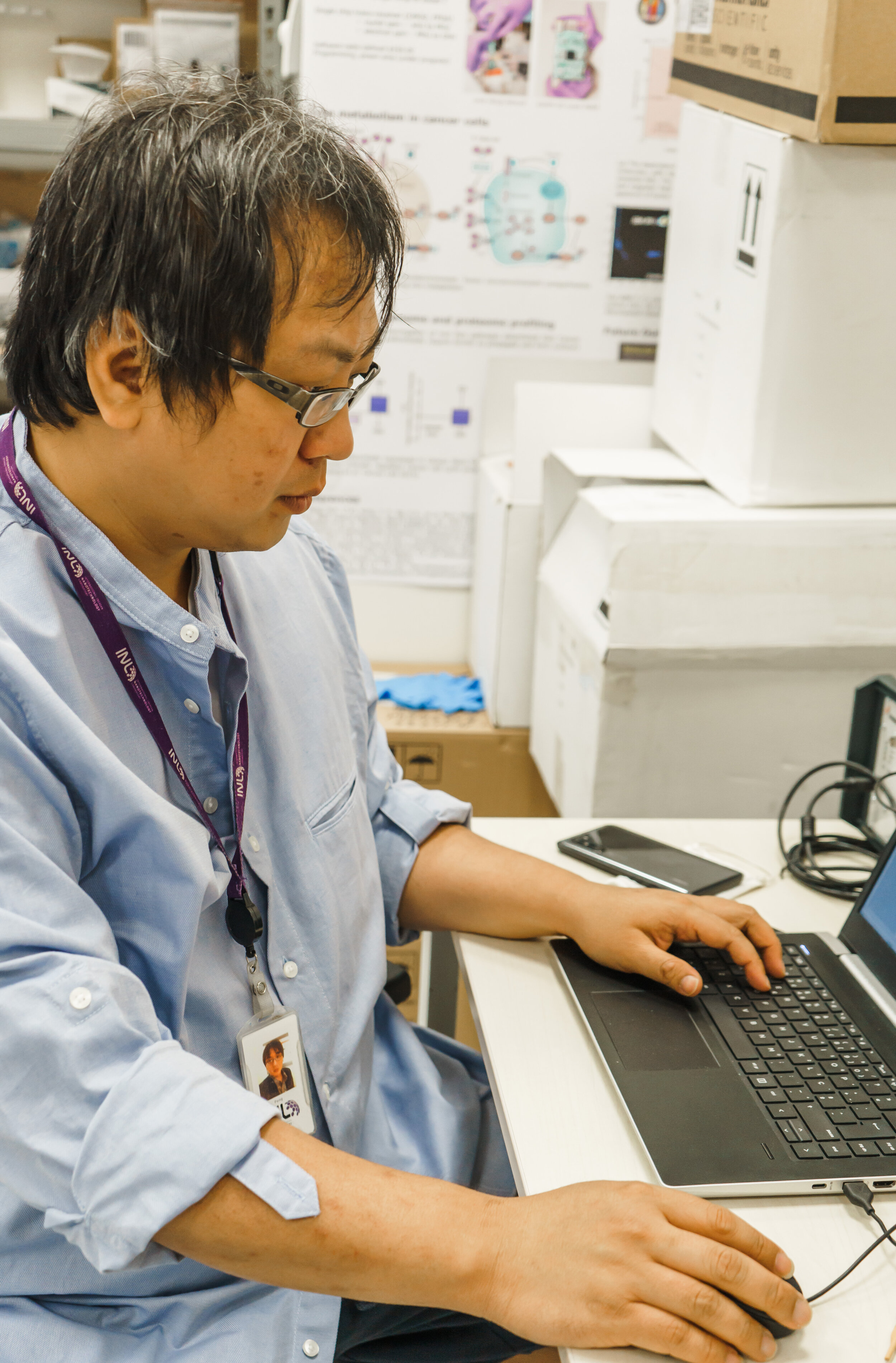INL researcher wins grant in the fight against malaria
Peng Weng Kung, researcher from INL - International Iberian Nanotechnology Laboratory, and leader of the Precision Medicine Engineering research group, in collaboration with researchers from the University of Macau, won a grant to develop a non-invasive wearable Nuclear Magnetic Resonance (NMR) device for rapid, non-invasive malaria diagnosis.
Malaria is still a major public health concern that claims the lives of more than 435,000 people each year worldwide. The challenges with antimalarial drug resistance and detection of low parasitemia are an immediate barrier to achieve the United Nations Sustainable Development Goal of ending malaria epidemics by the fast-approaching deadline of 2030. With the increasing human mobility (travel, migration), the threat of a resurgence in traditionally non-endemic countries and continents such as the United States and Europe, keeps being high.
“Therefore, there’s an urgent need to develop a diagnostic technology that is ultra-sensitive and at very low-cost. We came out with a disruptive idea of tapping on magnetic resonance (imaging) technology to build a wearable device that can do a rapid test at almost a zero cost. The University of Macau team, lead by Lei Kameng, is one of the major players in the integrated circuit design for a single NMR chip. We decided to team up to provide some solutions to this long-standing problem. We are also thinking to adopt this technology for Covid-19 detection” said Peng Weng Kung, who is the co-Principal Investigator of the winning grant.
The University of Macau supports the grant under the Phase I Multi-Year Research Grant. The team also received excellent comments from reviewers, and a good showing in Phase 1 would mean the guarantee of a much larger grant in Phase 2.
INL and the University of Macau celebrated a Memorandum of Understanding at the beginning of 2018, and have been intensifying their collaboration since then.

